
Intel announced the release of a new low-power chip and showed off next-generation ultra thin laptops and convertible tablets at the Consumer Electronics Show in Las Vegas yesterday.
The chip maker said new energy-efficient processors for tablets and laptops are available now, and it outlined features like voice recognition and drastically improved battery life on future PCs.
"Absolutely all-day battery life where you just don't have to bring your power brick at all any more," Kirk Skaugen, corporate vice president and general manager of Intel's PC Client Group, said of laptops built with the company's upcoming Haswell processor.
We're going to give the PC the same human senses we've all had.
While macroeconomic troubles have weighed on sales for several quarters, the growing popularity of tablets and smartphones is seen as an existential threat to the PC industry.
Anxious to breathe new life into PCs and prove a recent slump in sales is not permanent, Intel and PC manufactures in Las Vegas will display a range of ultra thin laptops, dubbed Ultrabooks, and hybrid devices that convert into tablets.
On a stage flanked by dozens of tablets and laptops with rotatable and detachable screens, Skaugen said Intel's newly available chip based on its current Ivy Bridge architecture sips just 7 watts of energy, more efficient than a previously planned 10 watts of power.
Sign up today and you will receive a free copy of our Future Focus 2025 report - the leading guidance on AI, cybersecurity and other IT challenges as per 700+ senior executives
PC world
The Santa Clara, California-based company has long been king of the PC chip market, particularly through its historic "Wintel" alliance with Microsoft, which led to breathtakingly high profit margins and an 80 per cent market share.
But it has struggled to adapt its powerful PC processors for battery-powered smartphones and tablets, a fast-growing market led by Qualcomm, Samsung Electronics, ARM Holdings and others.
Mike Bell, who co-heads Intel's mobile and wireless business, introduced a new processor platform, code named Lexington, targeted at low-priced smartphones in emerging markets like Latin America and Asia.
"It's designed to be a no-excuses multimedia phone," he said.
Acer, Safaricom and Lava have already agreed to use the new chips in future phones, Bell said.
A handful of manufacturers and telecom carriers in Europe and Asia have already launched smartphones using Intel's Medfield processors this year. Google's Motorola Mobility in September launched the Razr i in Europe and Latin America as the first handset of a multi-device agreement between the two groups.
But Intel is fighting an uphill battle in a market where chips made using technology from ARM Holdings have become ubiquitous. Intel also has yet to release a chip for 4G telephone networks, keeping it out of the running for major smartphone design wins in the United States.
Sales of smartphone processors soared 58 per cent in the third quarter, but Intel had just 0.2 per cent of that market, according to a recent report from Strategy Analytics.
By comparison, worldwide PC shipments fell 8.6 percent in the third quarter, according to IDC.
Intel said 3D cameras would be integrated in future Ultrabooks to allow consumers to use gestures and facial recognition to control their devices. Upcoming Ultrabooks will also include voice interaction, Skaugen said.
"We're basically going to give the PC the same human senses we've all had," he said.
ITPro is a global business technology website providing the latest news, analysis, and business insight for IT decision-makers. Whether it's cyber security, cloud computing, IT infrastructure, or business strategy, we aim to equip leaders with the data they need to make informed IT investments.
For regular updates delivered to your inbox and social feeds, be sure to sign up to our daily newsletter and follow on us LinkedIn and Twitter.
-
 What the fragmentation of UC means for the channel
What the fragmentation of UC means for the channelIndustry Insights If communications are becoming fragmented, what does that mean for MSPs and VARs?
-
 How SMBs can DIY their IT implementation and support
How SMBs can DIY their IT implementation and supportFeature For some small and medium-sized businesses, the third-party expertise and support might be out of reach. What’s the alternative?
-
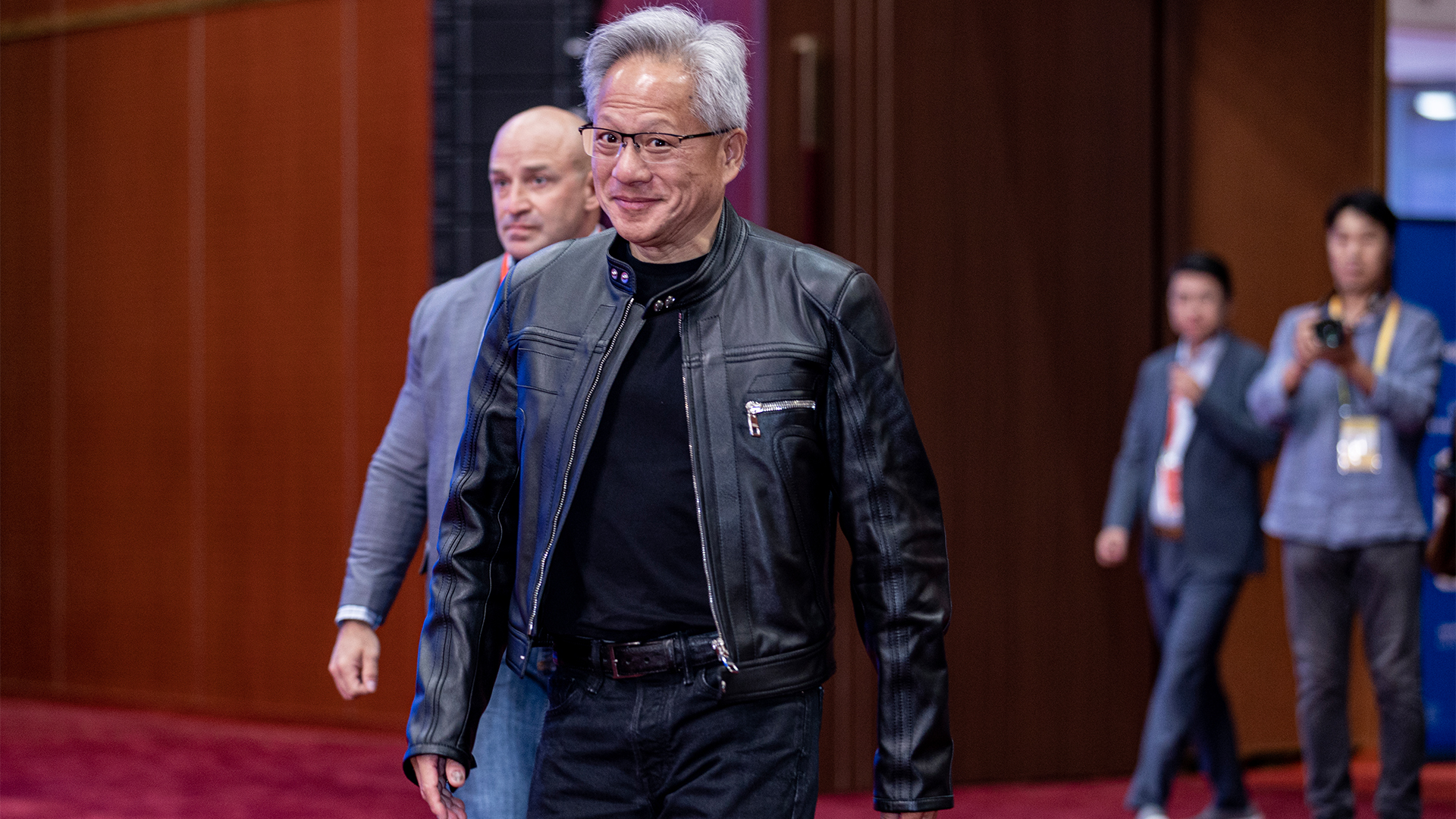 Nvidia’s Intel investment just gave it the perfect inroad to lucrative new markets
Nvidia’s Intel investment just gave it the perfect inroad to lucrative new marketsNews Nvidia looks set to branch out into lucrative new markets following its $5 billion investment in Intel.
-
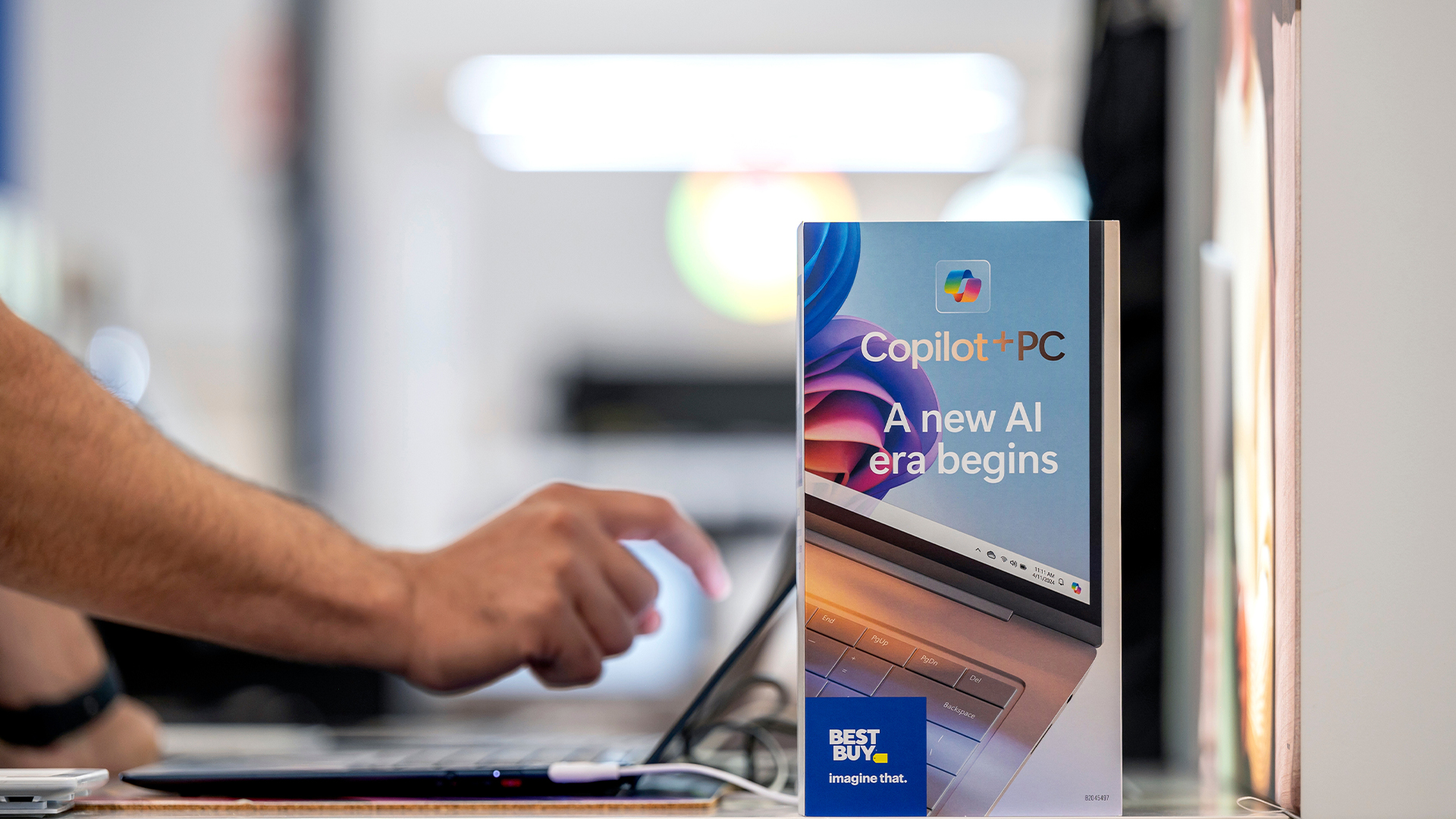 AI PCs will ‘become the norm’ by 2029 as enterprise and consumer demand surges
AI PCs will ‘become the norm’ by 2029 as enterprise and consumer demand surgesNews AI PCs are expected to make up a significant portion of the total PC market by the end of 2025 - and Gartner says they'll "become the norm" by 2029.
-
 The US government's Intel deal explained
The US government's Intel deal explainedNews The US government has taken a 10% stake in Intel – but what exactly does the deal mean for the ailing chipmaker?
-
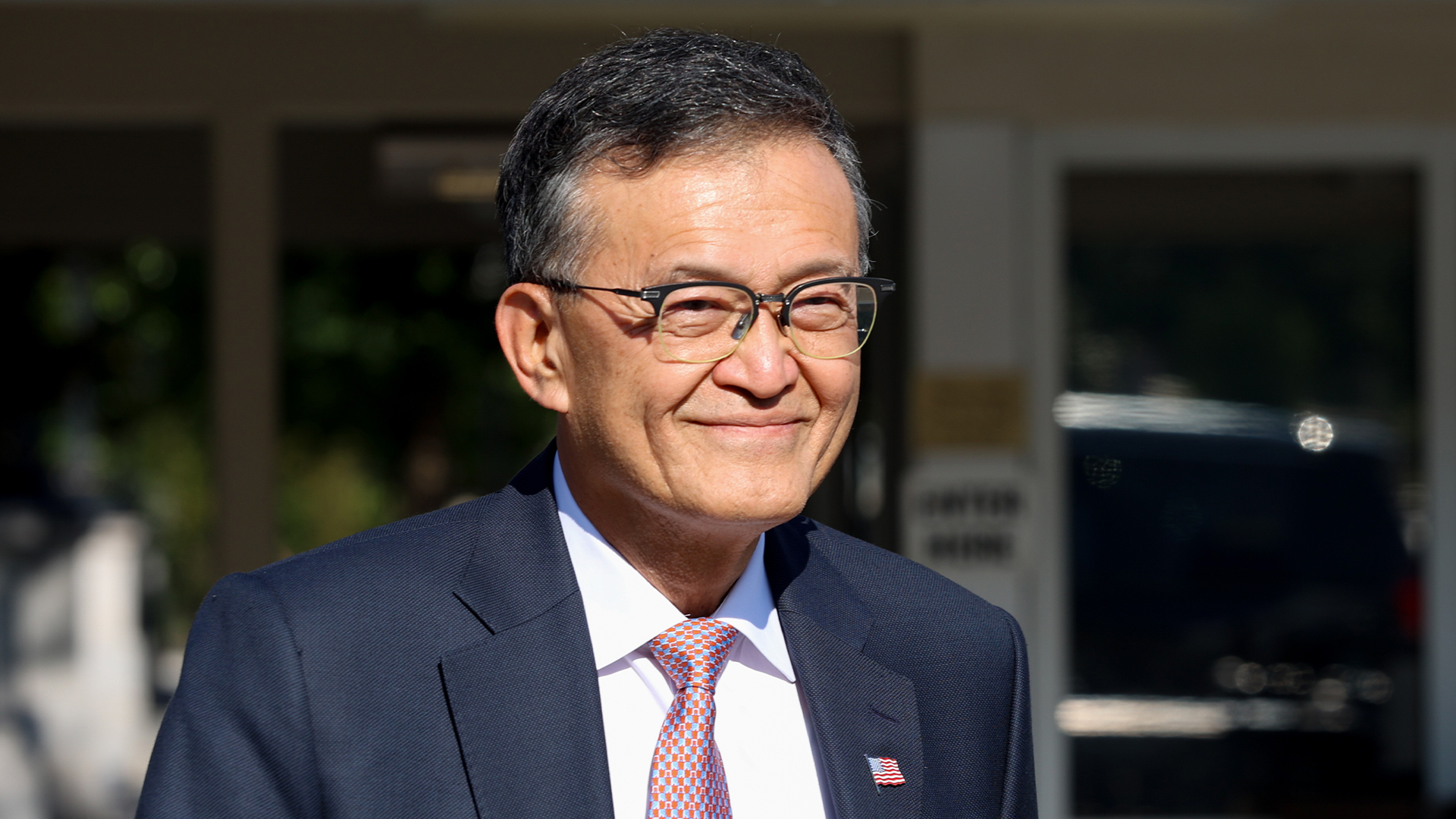 US government could take stake in Intel as chip giant's woes continue
US government could take stake in Intel as chip giant's woes continueNews The move would see increased support for Intel’s manufacturing operations
-
 Dell says Windows 11 migration is a prime opportunity to overhaul ageing PC fleets – and AI devices are in the spotlight
Dell says Windows 11 migration is a prime opportunity to overhaul ageing PC fleets – and AI devices are in the spotlightNews The shift to Windows 11 means IT leaders can ditch old tech and get their hands on AI PCs
-
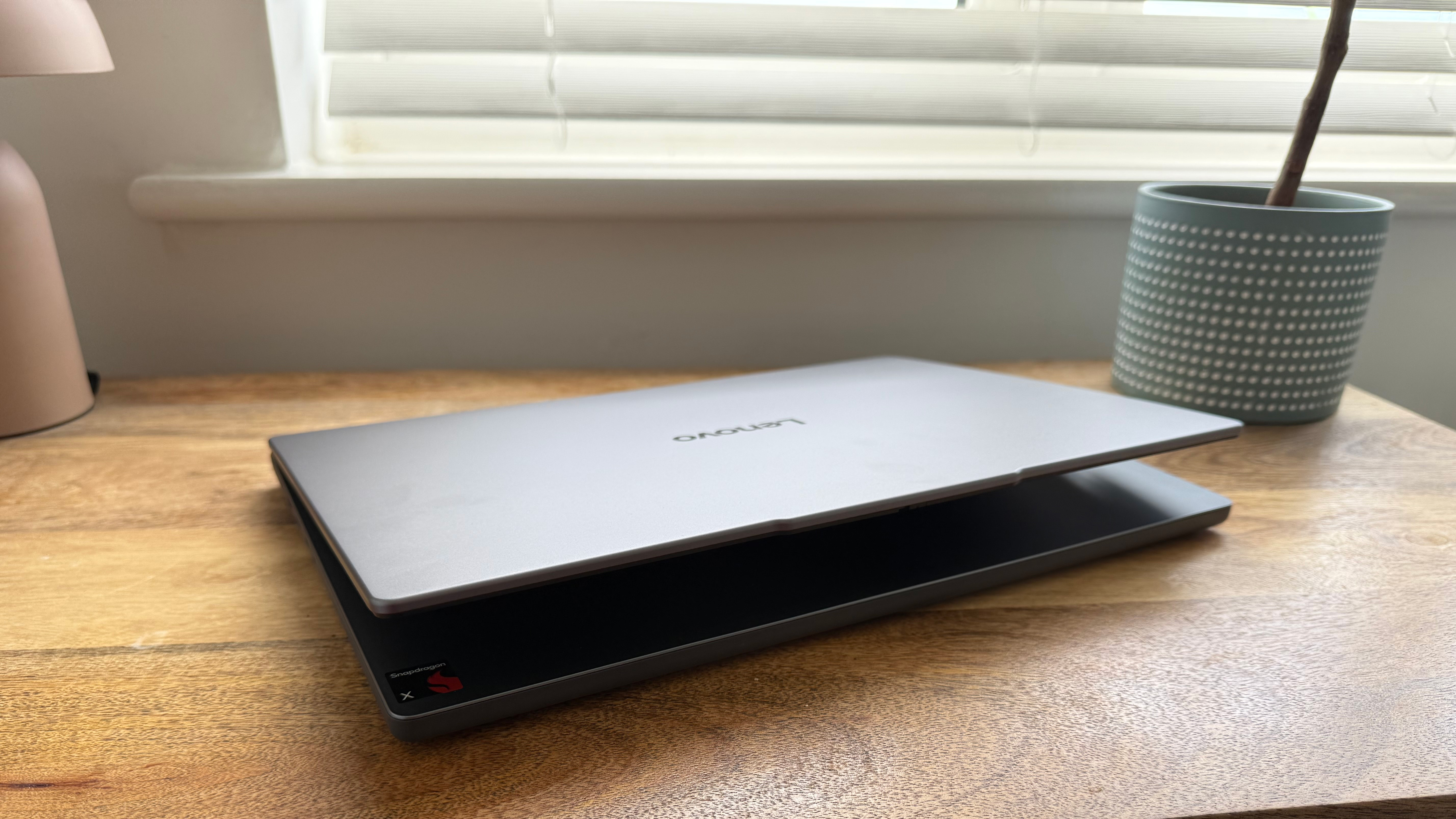 The Lenovo IdeaPad Slim 3x is a well-rounded budget laptop that punches above its weight
The Lenovo IdeaPad Slim 3x is a well-rounded budget laptop that punches above its weightReviews The Qualcomm Snapdragon X-powered laptop packs a punch for the price
-
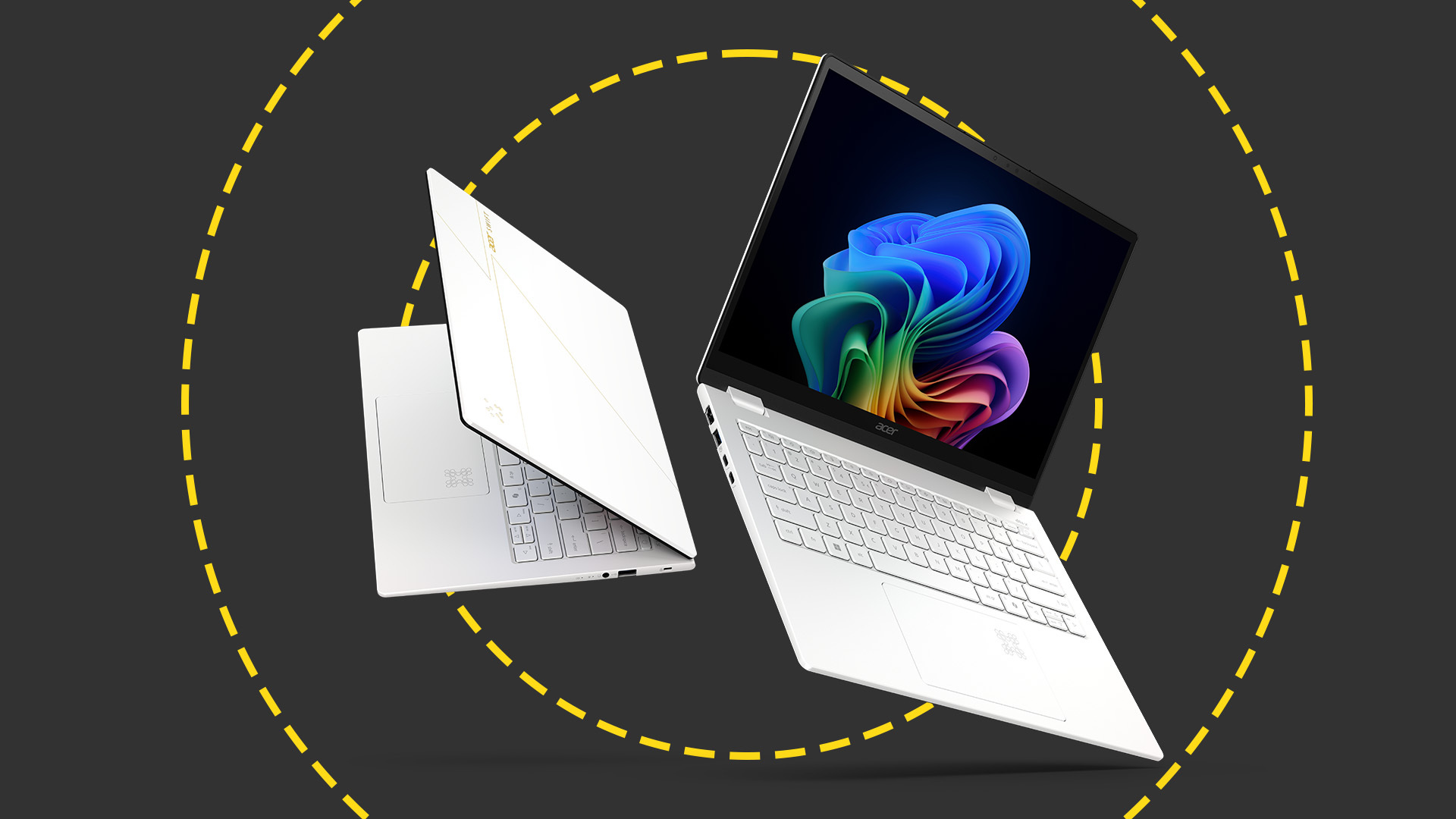 Acer's new Swift Edge 14 AI is a Copilot+ MacBook Air killer
Acer's new Swift Edge 14 AI is a Copilot+ MacBook Air killerNews Acer's new Swift Edge 14 AI is an ultra-lightweight, compact productivity powerhouse.
-
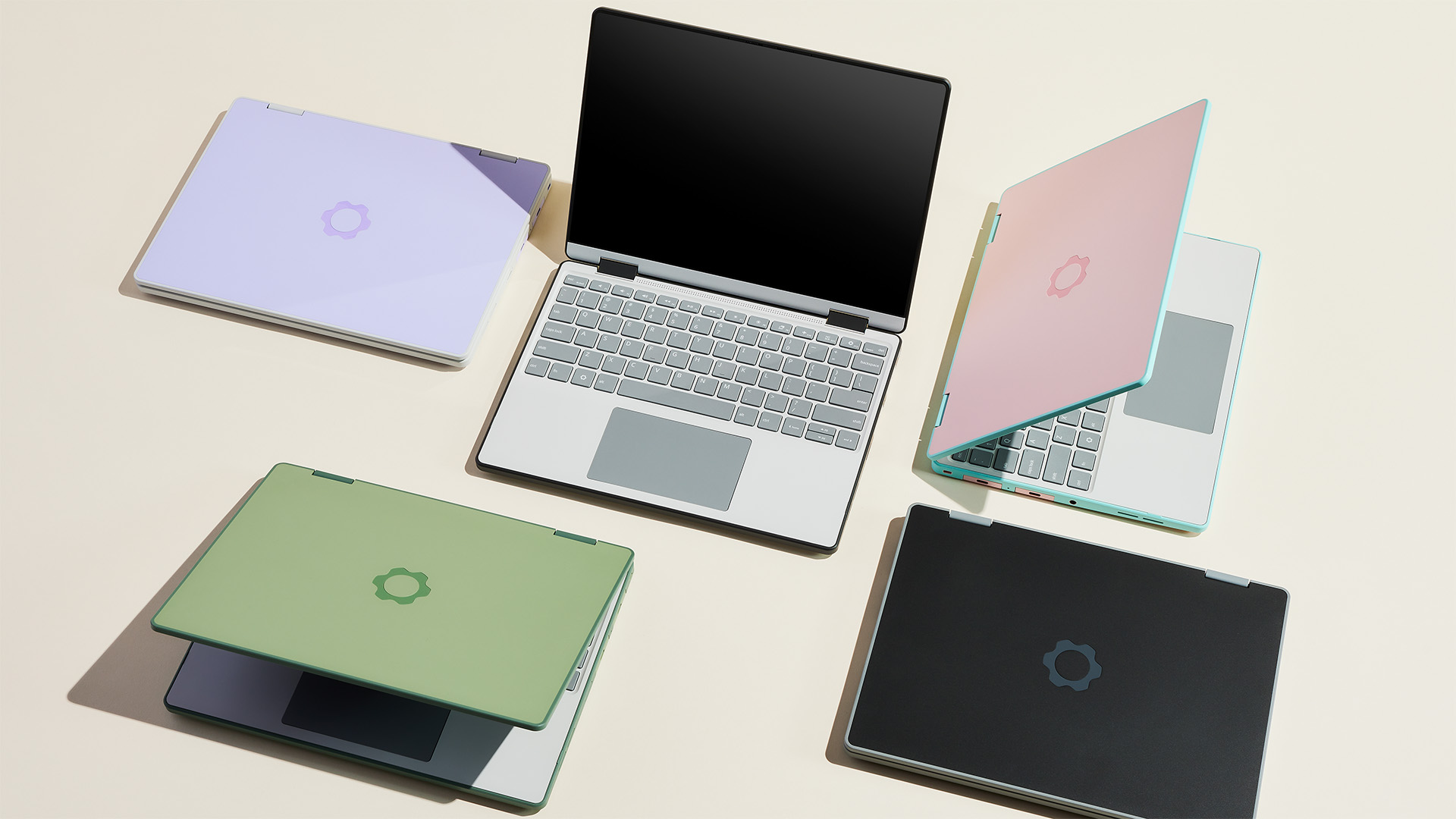 ‘We would have to sell the lowest-end SKUs at a loss’: Framework says it’s ‘temporarily pausing’ some US laptop sales amid tariff disruption
‘We would have to sell the lowest-end SKUs at a loss’: Framework says it’s ‘temporarily pausing’ some US laptop sales amid tariff disruptionNews Modular laptop designer Framework says it is “temporarily pausing US sales” in response to the disruption caused by US tariffs on Taiwanese imports.

